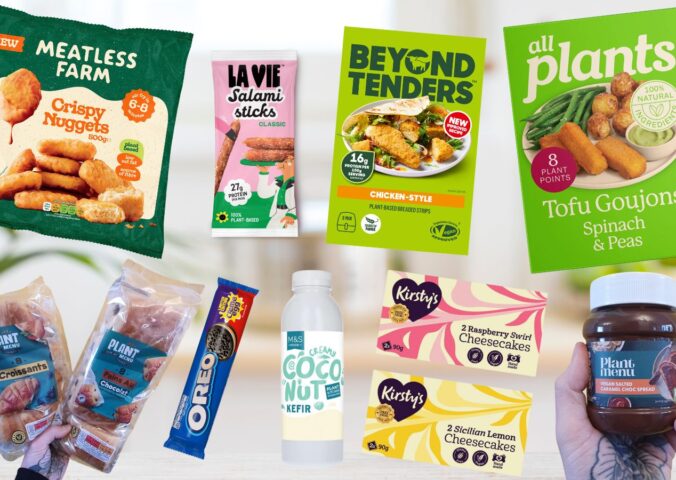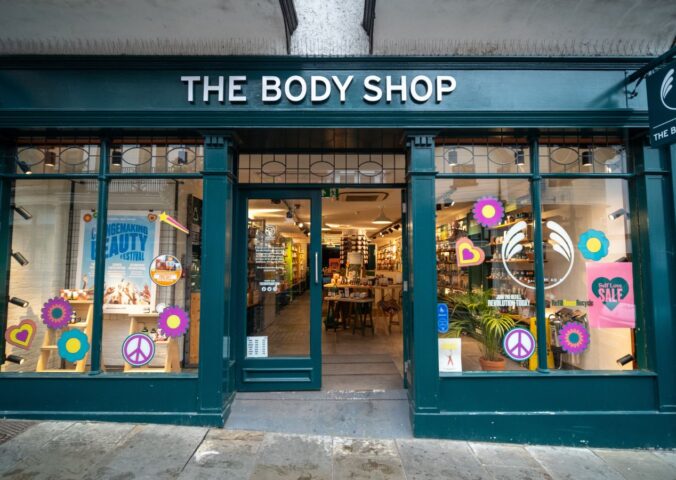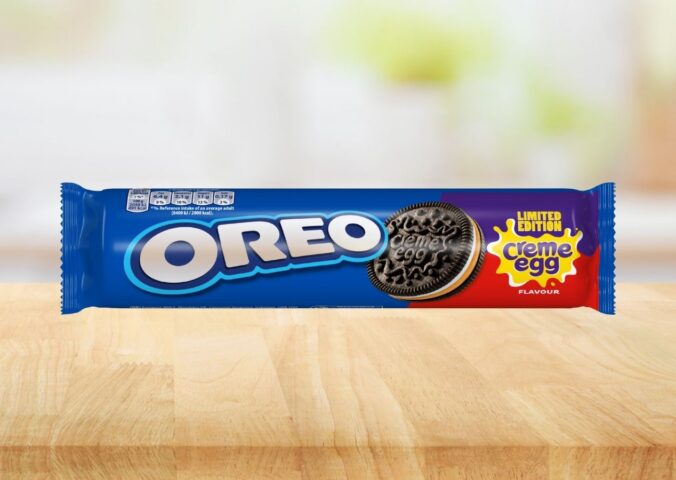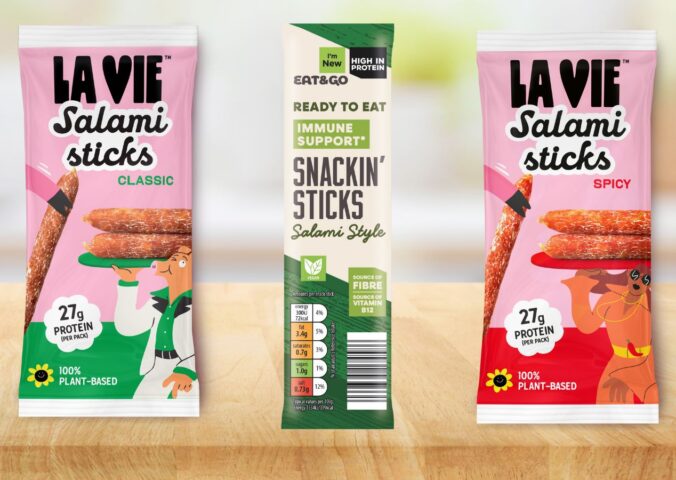When we think of healthy eating, we tend to picture fresh produce: crisp greens, shiny apples, and berries straight from the punnet. But research highlighted in a Plant Based Science London video suggests that frozen options often hold their own, and in some cases, might be healthier and deliver even more nutrition than fresh produce.
Plant Based Science London has built a following by breaking down nutrition science into snappy, evidence-based videos. Their clips unpack studies, highlight key takeaways, and offer practical insights into eating a plant-rich diet to support long-term health. In this video, they spotlight two studies conducted in England comparing nutrient levels in frozen and refrigerated produce, and the results may surprise many shoppers.
Read more: How to Eat More Vegetables (Even If You Hate Them)
Researchers looked at common fruits and vegetables, testing antioxidant-related compounds after produce sat in the fridge for three days versus frozen equivalents. The findings point to a strong case for adding more freezer staples to your plant-based routine.
Key nutrients frozen produce can preserve
The video explains that the studies measured antioxidants, including vitamin C, polyphenols, anthocyanins, lutein, and beta-carotene. According to the narrator, frozen options often performed better. This is likely because produce frozen soon after harvest maintains nutrients until consumed, instead of losing them during storage and transport.
Frozen fruit and veg that came out on top
Frozen broccoli stood out. As the narrator says, “frozen broccoli had higher levels of Vitamin C, lutein, and four times more beta-carotene, whereas the fresh scored better on polyphenols.” That’s a substantial jump for beta-carotene, a compound linked to eye health and immune support.
Carrots showed a similar trend. “Frozen carrots had three times the lutein and double the beta-carotene, while they were also higher in Vitamin C and polyphenols.”
Brussels sprouts also saw improvements. “Frozen Brussels sprouts scored higher on all nutrient measurements,” the narrator adds.
Fresh spinach, however, did better in some tests, a reminder that results vary by vegetable.
The second research team found notable benefits in fruit. “Levels of Vitamin C and polyphenols were much higher in frozen blueberries and green beans,” the narrator explains. Frozen blueberries also had another edge: “The frozen blueberries also had more polyphenols and anthocyanins.”
For raspberries and peas, nutrient levels were similar across frozen and fresh.
What about the real-world context?
Fresh from the farm remains ideal. As the narrator notes, “Eating newly picked produce, for example, from your local farmers market is undoubtedly the healthiest option.” But the studies highlight a common issue: supermarket produce can sit in supply chains for weeks. Their reminder: “‘Fresh’ food in supermarkets has been shown to spend up to a month in the chain of producers, wholesalers and retailers before we have access to it in store.”
A disclosure follows: “These two studies were funded by the British Frozen Food Association, so we must bear this in mind when considering the research.”
But many other reputable sources also support the nutritional value of frozen fruits and vegetables. The British Heart Foundation, the American Heart Association, and Harvard Medical School all agree that frozen produce is a healthy choice because it is usually frozen shortly after harvesting, which helps lock in nutrients and prevent spoilage during transportation and storage.
Dr Greger’s perspective on frozen produce
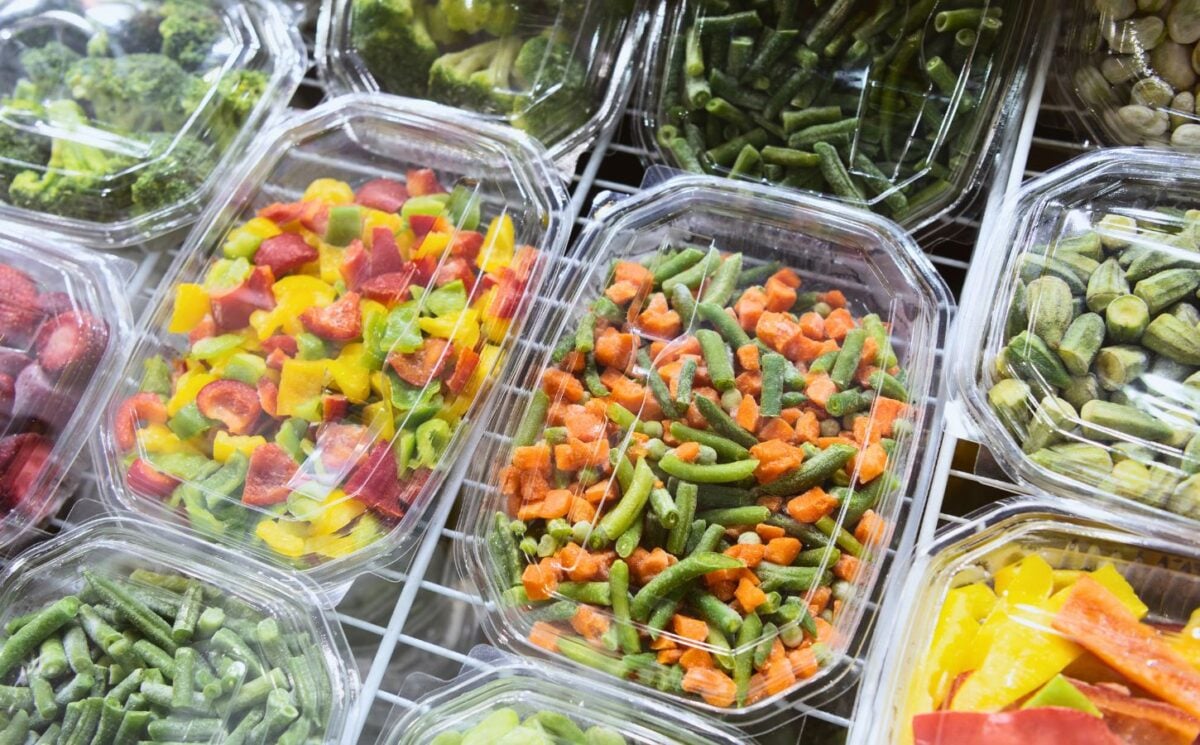
The video then turns to Dr Michael Greger, an American medical doctor and plant-based lifestyle medicine advocate, who reinforces the value of frozen options. He says, “Frozen can sometimes be healthier than fresh because frozen fruits and vegetables may be frozen on the day that they’re picked, whereas so-called fresh fruit and vegetables in the produce aisle may have been on a ship from New Zealand for the last 2 weeks.”
Convenience matters, too. “They’re pre-chopped, pre-washed, pre-peeled, they’ve got rid of all of the inedible bits,” Dr. Greger explains. And there’s practicality: “It’s shelf stable, it’s not going to turn yellow and start rotting in your fridge.”
Frozen produce also supports consistent healthy eating. “Any time you need greens, you’ve got them right there and you don’t have to run to the store.” He even gives a personal peek: “If you look in my freezer, it is half frozen berries, the healthiest fruits, and half frozen greens, the healthiest vegetables.”
Fresh, local produce is still the gold standard. But for everyday plant-based living, especially when convenience and cost matter, frozen fruits and vegetables offer a powerful, nutrient-packed option. And as this research suggests, freezer staples may sometimes give you even more for your health than the produce aisle.
For more plant-based health and nutrition content, check out the Plant Based Science London YouTube channel.
Read more: The Ultimate Guide To Vegan Grocery Shopping On A Budget



